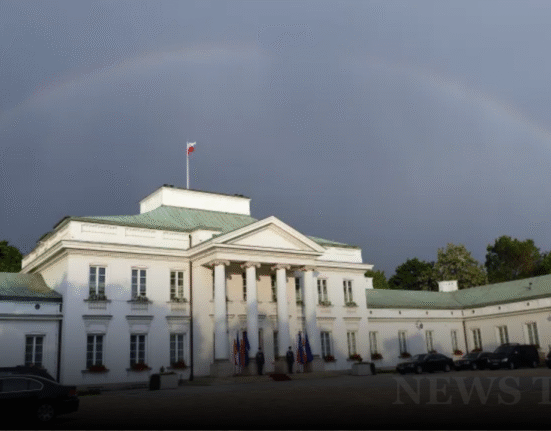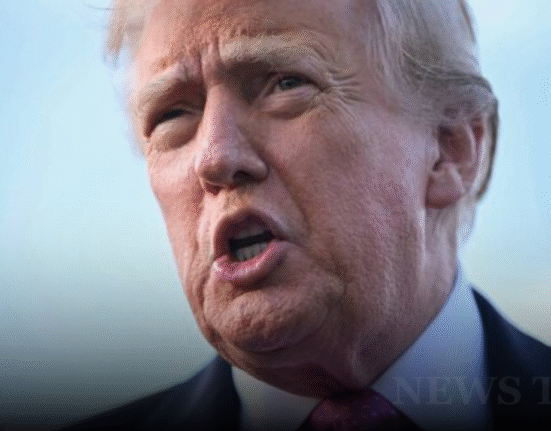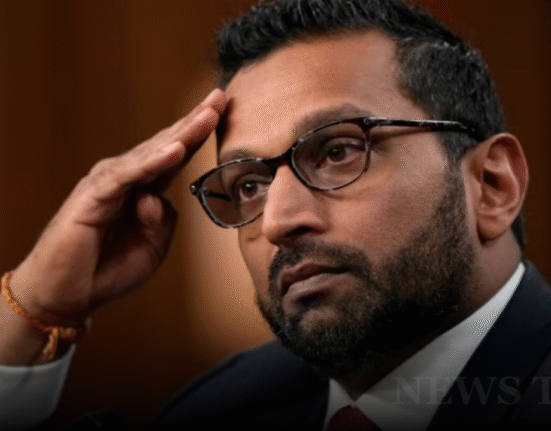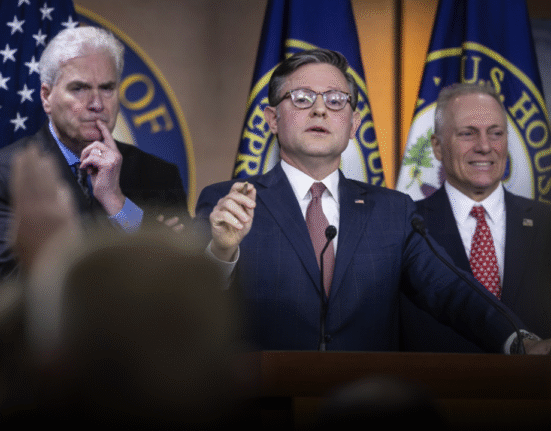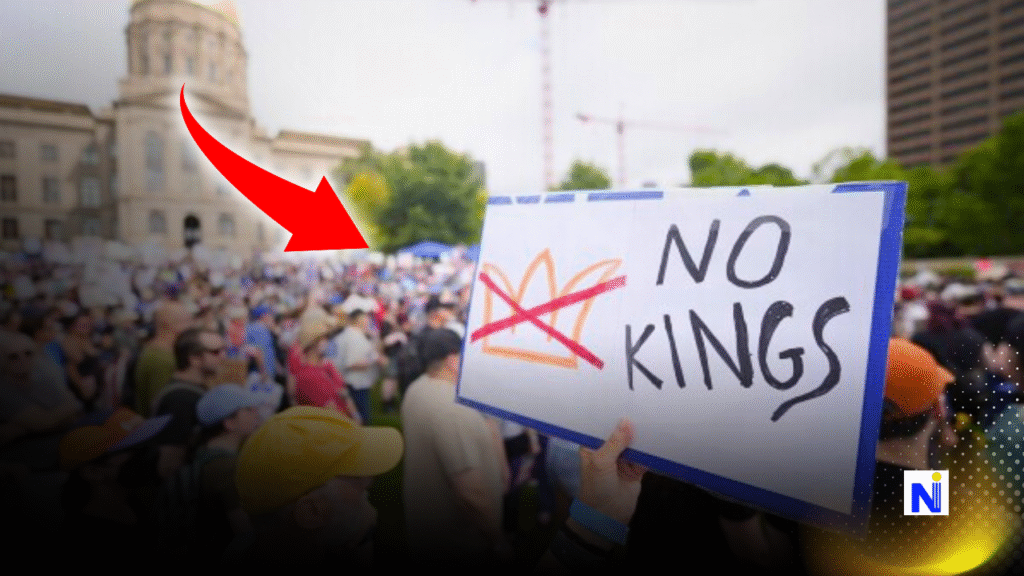
On a rain-dampened but emotionally charged Saturday, thousands of voices rang out in unison outside Connecticut’s Capitol in Hartford, echoing the rallying cry of a nation: “No Kings.” As part of a sweeping, nationwide movement against former President Donald Trump’s policies and symbolism, the protest wasn’t just a local event—it was one piece of a 2,000-strong mosaic of democratic resistance stretching from Love Park in Philadelphia to the gates of Mar-a-Lago.
What is the ‘No Kings’ Protest?
Initiated by the 50501 Movement (50 states, 50 protests, 1 movement), the “No Kings” protest was designed to underscore opposition to what organizers view as authoritarian behavior by Donald Trump. The timing was deliberate: a counterpoint to Trump’s military parade on his 79th birthday, which also coincided with the 250th anniversary of the U.S. Army.
- Main Goal: Defend democracy
- Symbolic Messaging: Reject authoritarianism
- Organizers: 50501 Movement
- Protest Locations: Nearly 2,000 across the U.S.
1. Hartford Turns Out in the Thousands
Despite a persistent drizzle, the lawn outside Hartford’s Capitol filled with energy, signage, and speeches.
Notable Moments:
- Chants of “ICE out of Connecticut!” led by Tabitha Sookdeo from CT Students for a Dream
- Emotional speech by Bishop John Selders: “Keep bobbing and weaving and shaking and baking until justice is achieved.”
- Senator Richard Blumenthal’s rousing appearance, emphasizing the importance of elections.
One protestor, Richard Foster, a Vietnam War veteran, gave a chilling warning: “If [Trump] succeeds in politicizing the military, this country may never get it back.”
2. Counterprotests and Clashes
While the atmosphere remained largely peaceful, tensions briefly flared in Hartford when a small group of Trump supporters attempted to disrupt the rally.
- Outcome: They were drowned out by chants of “shame!” from the crowd.
- Response: Capitol Police reported no major incidents.
3. A Nationwide Movement with Local Flavor
The “No Kings” protest was not just confined to big cities. From small-town courthouses to bustling community parks, the movement took root.
Spotlight: Love Park, Philadelphia
- A foam Statue of Liberty led a sing-along, changing YMCA’s “young man” to “con man.”
- Protest signs: “Fight Oligarchy,” “Deport the Mini-Mussolinis”
Spotlight: Tallahassee, Florida
- 1,000-strong crowd
- Message: “One nation under distress”
- Organizers urged attendees to avoid conflict and follow the law strictly
4. National Guard on High Alert
In anticipation of unrest, multiple states activated the National Guard.
| State | Action Taken | Governor |
|---|---|---|
| Virginia | Mobilized Guard, zero tolerance policy | Glenn Youngkin (R) |
| Missouri | Proactive deployment | Mike Kehoe (R) |
| Nebraska | Emergency proclamation | Office of Gov. Jim Pillen (R) |
| Florida | Warning against crossing Mar-a-Lago gates | Ron DeSantis (R) |
Despite the heightened law enforcement presence, protests remained largely peaceful, a testament to the organizers’ commitment to nonviolence.
5. The Voices of Protest
The power of Saturday’s protests wasn’t just in numbers—it was in the words spoken and sung:
“I served to protect our nation, not to see the military turned into a prop for domestic theater.” — Janessa Goldbeck, Marine veteran & CEO, Vet Voice Foundation
“It’s not going to be the current United States Congress that will change things, but rather the people. Rise up America!” — Rep. John Larson
“I just feel like we need to defend our democracy.” — Karen Van Trieste, nurse and Philadelphia native
Peaceful, Powerful, and Patriotic
Governors like Bob Ferguson (WA) and Katie Hobbs (AZ) emphasized nonviolence, while prosecutors such as Larry Krasner (Philadelphia) assured legal consequences for anyone crossing the line.
- Martin Luther King Jr. was frequently referenced as a model for protestors.
- Gas masks and Revolutionary War garb alike appeared across locations, highlighting both gravity and symbolism.
Why ‘No Kings’ Struck a Chord
With deepening concerns over militarization, immigration enforcement, and the erosion of civil liberties, the protest tapped into a raw nerve for many Americans.
Main Themes:
- Rejection of authoritarianism
- Defense of democratic institutions
- Solidarity with immigrant communities
The “No Kings” protest was not just another demonstration—it was a movement rooted in principle, powered by people, and propelled by passion. As the nation watches how these voices of dissent shape political discourse leading into election season, one thing is clear: the cry for democracy is louder than ever.
Have you attended a protest recently? Share your thoughts in the comments!



